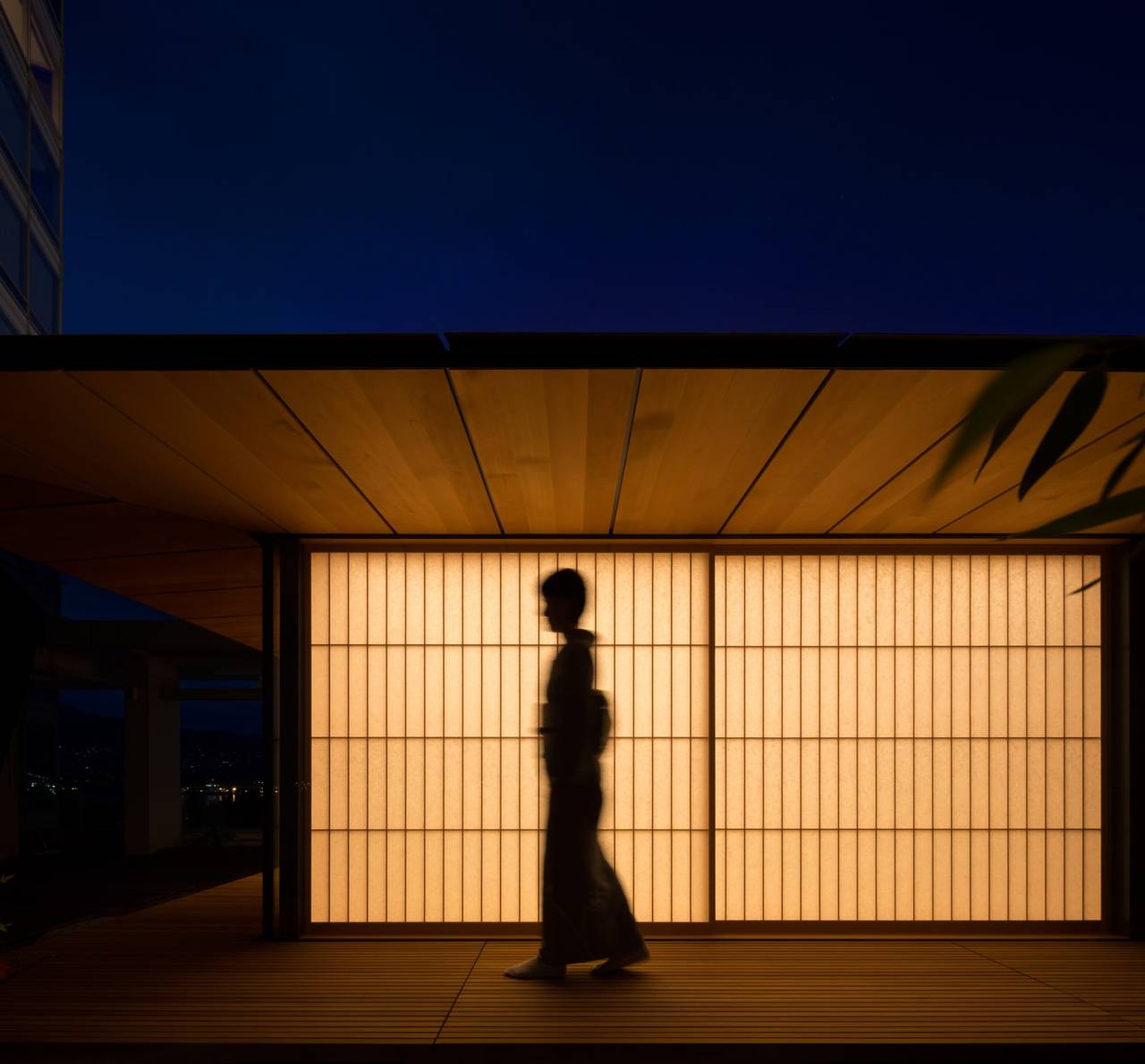In praise of shadows
«In a sky without the slightest shadow of clouds hides the lark.» Rikuto
«Beauty is not in the objects but in the interaction between the shadow and the light that the objects create»
“In Praise of Shadows” is an essay written by Junichiro Tanizaki, a renowned Japanese author of the 20th century. Published in 1933, the book explores aesthetics and traditional Japanese culture, focusing on the importance of shadow and dimness in contrast to intense illumination.
Tanizaki begins the book by comparing Western culture, which values bright light and clarity, with Japanese culture, which finds beauty in darkness and shadows. The author argues that shadow creates a sense of mystery and suggests a more subtle and complex beauty than direct light. Through everyday examples such as architecture, food, and Japanese rituals, Tanizaki illustrates how shadow and dimness can enhance sensory experience and stimulate the imagination.
The author also reflects on the changes that modernity has brought to Japanese society and how the adoption of electric lighting and other technological advancements has affected the appreciation of shadow and dimness. He argues that the obsession with bright light has led to a loss of the subtlety and beauty found in shadows.
"In Praise of Shadows" invites the reader to reconsider aesthetic and cultural values and to appreciate the importance of shadow and dimness in the human experience. Through thoughtful and poetic prose, Tanizaki explores the relationship between light and darkness, and how shadow can add depth and mystery to our lives. The book offers a fascinating insight into Japanese aesthetics and provides a fresh perspective on beauty and harmony in the world.
“In praise of shadows” has received both criticism and praise since its publication. Below are some data, comparisons, and critiques related to the book:
- Cultural Comparison: The book compares Japanese aesthetics with Western aesthetics, highlighting differences in the appreciation of light and shadow. While Western culture tends to favor bright and direct illumination, Tanizaki argues that Japanese culture finds beauty in darkness and shadows.
- Reflection on Modernity: Tanizaki critiques the impact of modernity on the appreciation of shadow and dimness. He argues that the introduction of electric lighting and other technological advancements has led to a loss of the subtlety and beauty found in shadows.
- Valuing Tradition: The book praises traditional Japanese aesthetics and culture, emphasizing the importance of preserving and appreciating ancient practices and values in contrast to the influence of Western culture.
- Critiques of Romanticized View: Some critics have pointed out that Tanizaki may fall into a romanticized or idealized view of Japanese culture, presenting it as superior to Western culture. They argue that there may be a tendency to generalize and simplify cultural differences.
- Impact on Aesthetic Appreciation: Many readers have praised the book's ability to transform the way they perceive beauty and aesthetics in their lives. They have found inspiration in Tanizaki's poetic reflection on shadow and dimness, and have experienced a heightened sensitivity towards the subtle details and evocative qualities of darkness.
In general, "In Praise of Shadows" has been recognized as a classic of Japanese literature and an influential work that invites reflection on aesthetics and appreciation of beauty in the world.



